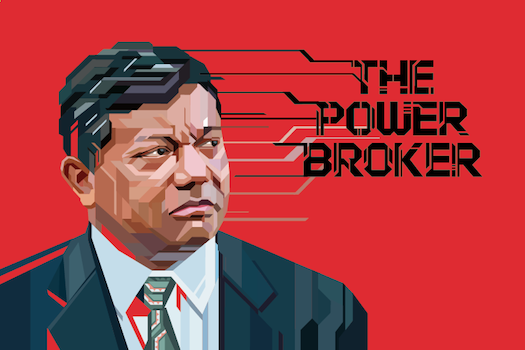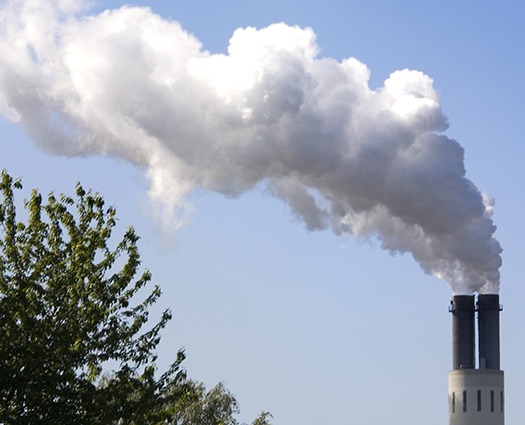
Payoff A 66-percent reduction in lighting-energy consumption
Your Plan The economics of replacing old bulbs with the new smaller, brighter, compact fluorescents are impressive: Assuming you pay the national average of 9.78 cents per kilowatt-hour of electricity, a compact fluorescent will save you $50 in electricity over its seven-year lifetime. That´s $1,250 for a 25-bulb house. If you multiply this savings by all 25 lightbulbs in the average house, you´ve just put $2,125 in your pocket.



















